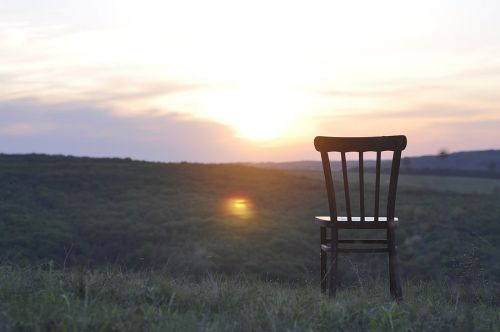Menu
Principal Office, Houston Texas Remote Services, Texas and Florida
(by appointment only)
713.568.8600
(by appointment only)
713.568.8600 | 904.425.9046


Growing older might not be as pleasant as envisioned for many seniors. Diabetes, high blood pressure, obesity, heart conditions, and pulmonary problems are common hurdles to overcome or manage. Apart from these well-known health issues, growing evidence points to the powerful negative effects that loneliness plays in the life of senior well-being. Sadly, millions of American adults live their lives devoid of meaningful social connections, and the problem is so big, experts are declaring “loneliness a bigger health epidemic than obesity.”
 Senior Loneliness and Your Health
Senior Loneliness and Your HealthAccording to nxtgencare.com, statistics show older adults living in loneliness are 45 percent more likely to die sooner and have a 59 percent greater risk of a decline in health compared to their socially engaged counterparts. While loneliness can have negative consequences at any age, older adults can suffer serious detrimental health consequences that can shorten their lifespan, and loneliness is rampant during the age of coronavirus isolation of seniors. Even the Centers for Disease Control and Prevention (CDC), in conjunction with the Centers for Medicare and Medicaid (CMS), amended guidelines for nursing home visitation in March of 2021, noting the toll that isolation through separation has on nursing home residents and loved family members and friends. The need to experience physical contact is universal for mental, emotional, and physical well-being.
There are simple steps to take to combat the feelings of loneliness, especially among the elderly. It begins with the brain, which is highly responsive to “exercise,” much the same as a muscle in the body. The more the brain receives training and exercise, the stronger and healthier it becomes. It is possible to retrain and rewire neural pathways and processes which release positive chemicals in our brains. A similar phenomenon occurs when seniors participate in socially meaningful ways.

Socializing offers a wealth of positive biochemical benefits, more so than many novel drug interventions. Meaningful social engagement, combined with other aspects of healthy living, can prevent and protect our brains from some of the more common challenges of growing old. The concept is simple: put yourself in social settings (when vaccinated or taking proper precautions for your and others' health) regularly such as:
Staying positive can help you retrain your brain and banish negatives thoughts because as we think, we feel. Feelings of hopelessness and dwelling on pessimistic thoughts can lead to cycles of negativity. Instead of seeing the downside of a social event, think that you might meet someone new and interesting. Rather than focus on a night of poor sleep, practice calming breathing exercises. Implement the 4-7-8 breathing technique before sleep and if you don’t know what it is, read all about it here. If it is raining outside, think of the value it will bring to the living world outside, like trees, flowers, and how it will help to refresh the air you breathe.
When you take time to learn new things, it engages different parts of your brain. You can learn a new language or polish up your skills in a foreign language you already know using the free app Duolingo (Jana just hit a 500-day streak on her Duolingo app!) or pay a nominal fee for Babbel. Try a dancing lesson if your balance is strong enough, play chess, or try a new recipe. Even something as simple as brushing your hair and teeth with the opposite hand can help activate your brain, and that activity negates the effects of loneliness.
 Physical Activity
Physical ActivityExercising moves more than just your body; it “moves your brain” too. Endorphins, or the “feel-good” chemical in our brain, become active with muscle movement and reduce feelings of loneliness. Ideally, just thirty minutes a day of physical activity, twenty of it consecutively, is all your body needs for these powerful, positive chemicals to be released. Walking, balancing exercises, chair stretches, and even using a recumbent bike can provide enough stimulation to promote a happier you.
Staying on top of your mental health is not only recognizing and treating mental illnesses like anxiety and depression. Many of the suggestions above also help promote mental wellness. Mental well-being can also mean disconnecting from a 24/7 news cycle and online distractions and finding some peace in simplicity.
While there are many techniques to employ that combat loneliness and depression, these feelings can also be real illnesses. Neither depression nor anxiety is a normal part of aging. If you cannot break the negative thought cycles in your brain, it is important to speak to a health professional for more intensive therapy. However, for many aging Americans, simple shifts in daily living habits and attitudes can create monumental changes in mental health wellness and diminish feelings of loneliness. The world is slowly emerging from the grip of the coronavirus pandemic and the isolation it imposes. Now is a great time to implement new strategies to combat loneliness and live a happier and healthier life. We are only human after all, and life is meant to be shared.
For more information, please contact McCreary Law Office or call the Jacksonville, FL office at 904-425-9046 or the Houston, TX office at 713-568-8600
© 2026 McCreary Law Office, PLLC